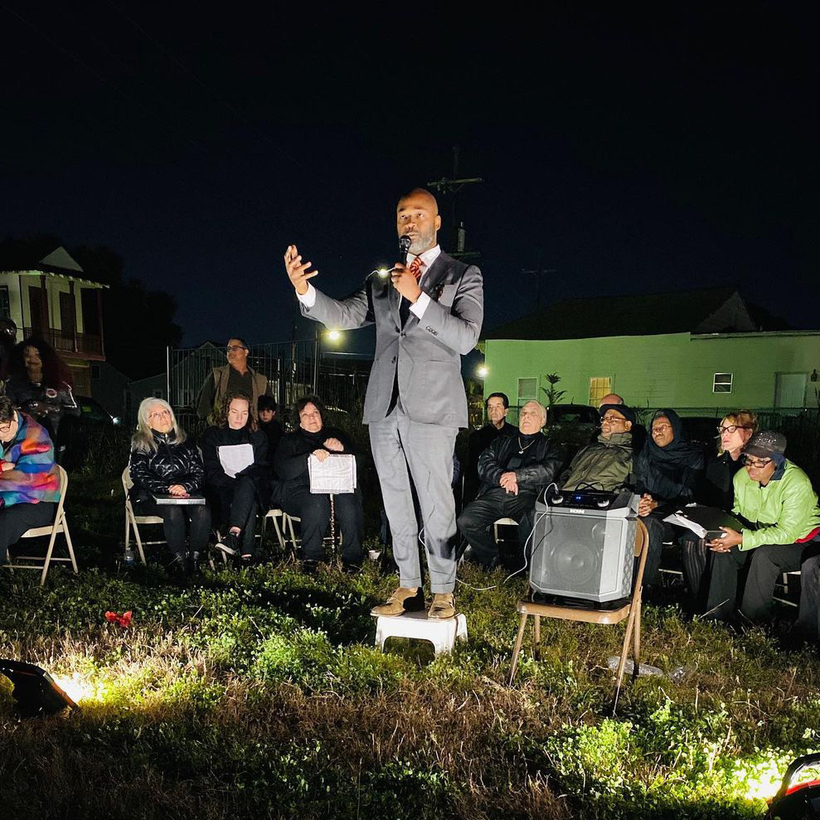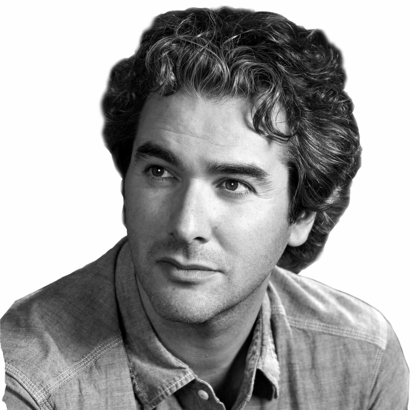It may have passed you by amid the insurrection and inauguration and return of indoor dining, but New Orleans—the prison capital of the prison capital of the prison capital of the world—has a new district attorney. More than 1 percent of Louisiana’s population is behind bars—almost double the national average—and the New Orleans District Attorney’s Office has long been one of the main reasons for it.
But that is set to change. In a runoff election last December, Jason Williams, a 48-year-old former criminal-defense attorney, ascended to the post despite not having a single major political endorsement. His calls to overturn wrongful convictions and inhumane sentences were as unusual to hear in New Orleans as a citywide call for sobriety.


